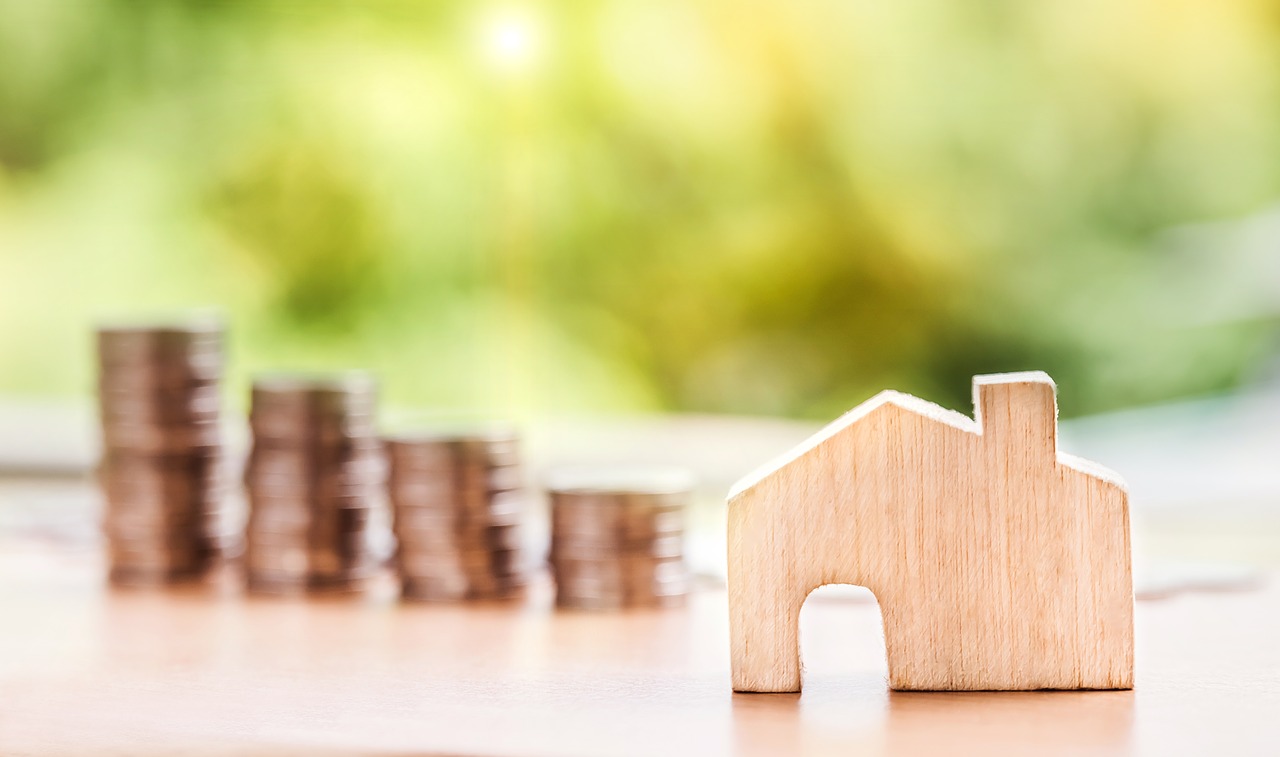If you’ve been keeping an eye on mortgage rates, you know that they’ve slid — in your area and all around the U.S. — to the lowest levels in at least a few years. In fact, they’re not too far from a 50-year low, according to mortgage company Freddie Mac.
And maybe you’ve heard that the savings can be substantial. A buyer taking out a $200,000, 30-year fixed-rate mortgage at today’s average rate of 3.45% will pay $100 per month less than someone who took out a similar loan a year ago, when rates were averaging 4.35%.
As for homeowners, the analytics firm Black Knight says 11.1 million of them can save an average $268 a month by refinancing their mortgages at today’s low rates.
OK, so let’s assume you have a good understanding of what’s going on with rates. If you’re a homeowner or a potential homebuyer, here’s something you don’t know and are probably eager to find out: Will rates get even better?
How low will mortgage rates go?
The rates on mortgages are down because investors worried about the spreading coronavirus have been piling into Treasury bonds as a safer investment than stocks during uncertain times.
Demand for bonds causes their prices to rise and their yields (interest rates) to drop. Mortgage rates usually follow the ups and downs of the yield on 10-year Treasury notes.
At an average rate of 3.45%, America’s most popular home loan — the 30-year fixed-rate mortgage — isn’t too far from the depths reached in November 2012. At that time, the average rate was just 3.31%, the lowest ever seen in the weekly Freddie Mac survey that got its start in 1971.
Some experts say today’s rates may be as good as it gets.
“At no time in modern economic memory have mortgage rates been able to move significantly or aggressively lower than they are right now,” says Matthew Graham, chief operating officer of the blog Mortgage News Daily.
And here’s another reason rates may not fall much further: Lenders don’t want to go lower.
“Generally, lenders tend not to keep up with volatile movement in Treasuries like those seen in the past few days, particularly with rates as low as they currently are, opting instead to quote conservative rates and wait until the storm passes,” writes Matthew Speakman, an economist with Zillow.
Source: finance.yahoo.com ~ By: Doug Whiteman ~ Image: pixabay.com

